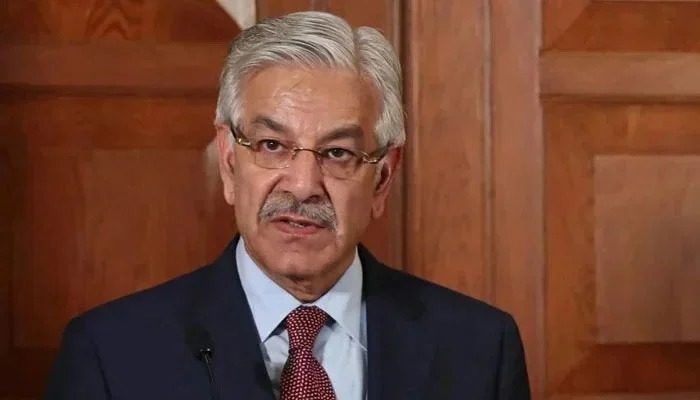
By our correspondent
ISLAMABAD: Pakistan’s defense minister, Khawaja Asif, has issued a sharp rebuke aimed at the Taliban, highlighting a bitter irony in regional politics. He pointed out that Pakistan endured accusations and pressure from the United States and Western countries over its alleged ties with the Taliban—an entity branded as terrorists and a threat to global security.
Yet today, the same Taliban, once Pakistan’s adversaries’ scapegoats, stand openly alongside Israel and India, countries long seen by Pakistan as hostile actors. Asif did not speak solely from his own view but echoed the words of Praveen Sawhney, a prominent Indian journalist and defence analyst widely regarded as a voice of Indian media. Sawhney reportedly noted that during India’s recent Operation Sindoor, only Israel and Afghanistan supported India’s stance globally, implying a troubling realignment in the region’s geopolitical allegiances.
This commentary gains added significance in light of recent reports suggesting that the Taliban’s interim defence minister made a covert visit to India shortly after the operation, underscoring how swiftly alliances are shifting. For Pakistan, this serves as a stark reminder of the fragile and complex nature of regional relationships, where yesterday’s adversaries can become unexpected partners, and the narratives once wielded as political weapons lose their potency amid the evolving strategic landscape.
Khawaja Asif’s remarks reflect not just political posturing but the underlying anxiety of a nation grappling with changing realities. The question that now looms large is how Pakistan will navigate this emerging dynamic where erstwhile foes align with its own rivals, forcing Islamabad to rethink its approach to security and diplomacy in an increasingly uncertain neighborhood.



